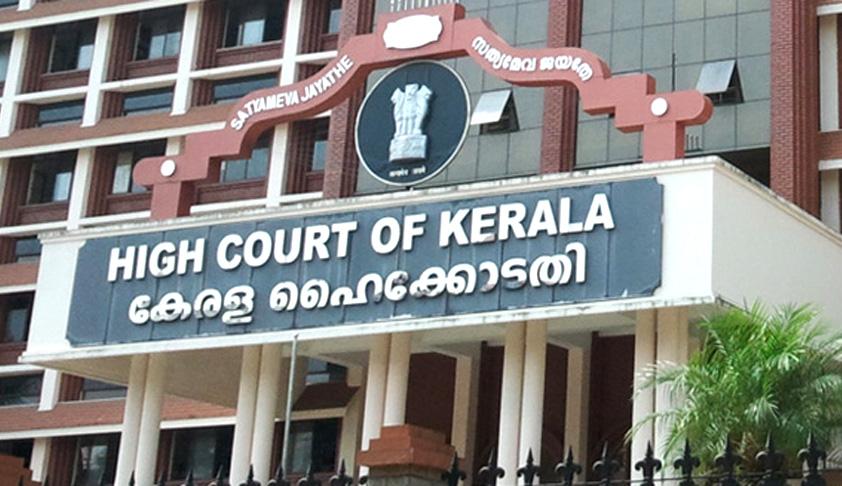Should Corporate Donations to Political Parties be Banned?

Image Courtesy: Live Law
A petition was filed on April 12, in the Kerala High Court at Ernakulam, that challenged the system of corporates funding political parties in India. This comes as a step further than merely seeking to outlaw foreign contributions to political parties. The petition bases its entire case on the idea of the welfare State being compromised by corporate interests
The petitioner, Victor T. Thomas prayed for the following reliefs as well for a moratorium on corporate donations to political parties during the pendency of the petition;
- To declare that the Section 182 (1) of the Companies Act, 2013 as unconstitutional and to set aside the same.
- To declare Section 154(i)(a) of the Finance Act, 2017, whereby the first proviso in subsection (1) of Section 182 of the Companies Act, 2013 was omitted, as unconstitutional.
- To declare that the proviso to Section 2(1)(j)(vi) in the Foreign Contribution (Regulation) Act 2010 as unconstitutional and to set aside the same.
- To declare that Section 29B of Representation of People’s Act, 1951 in so far as permitting political parties to receive contributions from the Companies incorporated under the Companies Act, 2013, as unconstitutional and to set aside the same.
His prayer focuses on the main legal provisions that enable corporates to donate to political parties as well as for political parties to accept these donations. Section 182(1) of the Companies Act provides for all companies, other than government companies and those that have been in existence for less than three years, to contribute to political parties. Section 154(i)(a) of the Finance Act, 2017 deleted the first proviso to section 182(1) of the Companies Act. This proviso placed a cap on the amount corporates could contribute to political parties based on their net profits. The proviso to section 2(1)(j)(vi) of the Foreign Contributions (Regulation) Act declared companies incorporated in India that had more than 50 percent of their shares held by foreign citizens as not being foreign entities. Thus, it enabled them to donate to political parties. Section 29B of the Representation of the People Act enables political parties to accept corporate donations.
The petition had alleged that these laws adversely affect the right of citizens to conduct free and fair elections through a democratic process. This would arise as the outcome of an election would result in corporates having direct or indirect control over an elected government and elected representatives. Therefore, the corporates can influence the policies and regulations in their favour and that would be detrimental to the welfare of the citizens.
The way the idea of welfare State ties into this petition is that a welfare State is committed to the welfare of its citizens. The petitioner evoked Articles 38 and 39(b) and (c). Though both of these fall within Part IV of the Constitution – Directive Principles of State Policy – and are hence not justiciable (they cannot be enforced by a Court), they still remain guiding principles in framing legislation. Article 38 places a duty on the State to secure a social order to promote the welfare of the people. Article 39 lays down certain principles of policy that the State must follow. Clause (b) states that “the ownership and control of the material resources of the community are so distributed as best to subserve the common good”. Clause (c) states that “the operation of the economic system does not result in the concentration of wealth and means of production to the common detriment”.
These provisions when read together raise many questions about laws and amendments that have been passed. In the words of the petition, “[u]nder the influence of corporate, the Government policies and regulations are being laid down which are detriment to the common interest of citizens such as price hikes on commodities, elimination of level playing for small entrepreneurs, giving of natural and other resources of the State to corporates at undervalued prices, relaxation of norms and condition etc.”
Though unlikely, if the Judiciary were to declare corporate functioning unconstitutional – which the petition is actually all about – the outcome would be very interesting. It is also possible that the electoral bond scheme, which the petition has not mentioned, will become the way out for the corporates. The electoral bond scheme provides only for ‘individuals’ to purchase bonds. However, the scheme has already been criticised for its lack of transparency, which then can be easily taken advantage of by corporate interests. The books can be cooked, and the bond purchased by the CEO, MD or any other functionary in the company. Thus, this petition has rightly pointed out one part of the problem, but, missed the latest loophole.
Get the latest reports & analysis with people's perspective on Protests, movements & deep analytical videos, discussions of the current affairs in your Telegram app. Subscribe to NewsClick's Telegram channel & get Real-Time updates on stories, as they get published on our website.
























